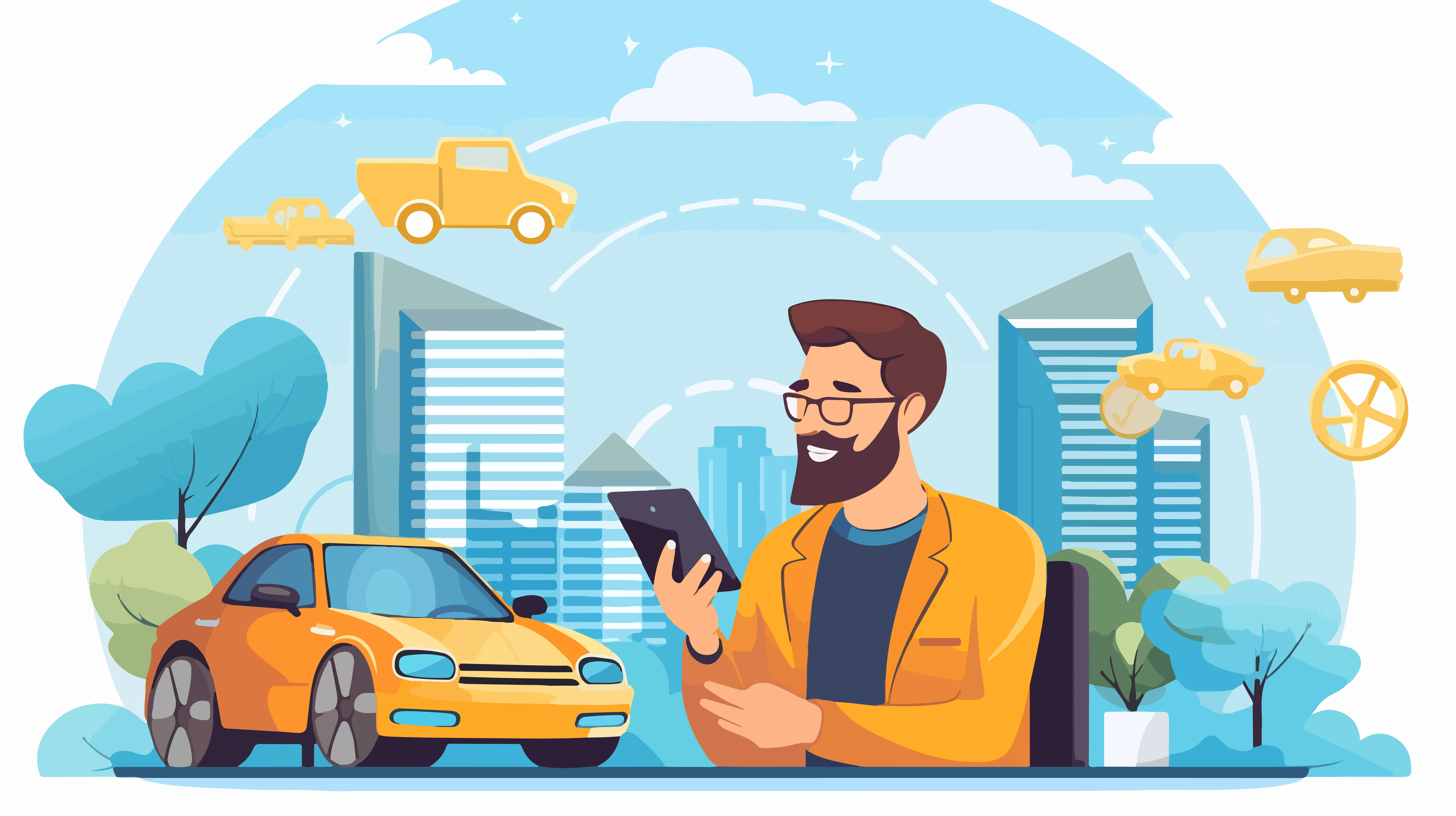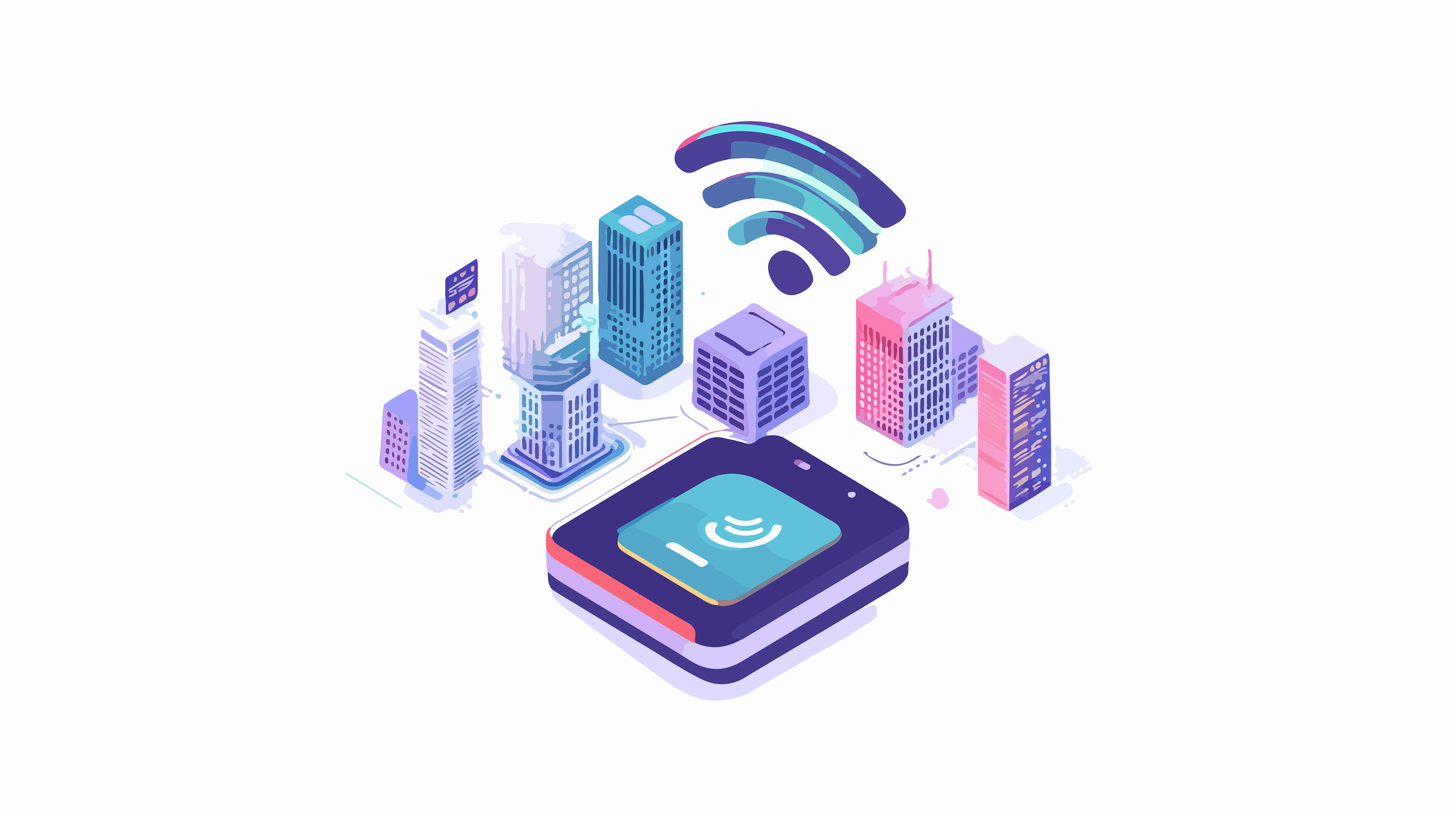The arrival of 5G technology has brought a major leap forward in connectivity, creating exciting changes across many industries. One area that stands to benefit greatly is the automotive sector—especially in the development of connected vehicles. With 5G’s ultra-fast speed, low delay (latency), and strong support for real-time data sharing, cars can now connect more efficiently with each other, with traffic systems, and with the digital world around them.
This goes far beyond just faster internet in vehicles. It represents a major shift in how vehicles operate and interact. Thanks to 5G, we’re entering a new era where vehicles can "talk" to one another, share critical information instantly, and make smarter, safer driving decisions. For example, cars will be able to warn each other about accidents or road hazards, react more quickly to changes in traffic, and even drive themselves more reliably in the future. World BI, a leading event management organization, plays a key role in driving conversations around these innovations. Through its conferences and summits, Digital Revolution in Connected Cars brings together experts and industry leaders to explore how 5G and digital transformation are reshaping the future of connected cars.
How 5G Revolutionize Connected Cars:
The idea of connected vehicles has been around for many years. As technology improved and the automotive industry began exploring vehicle connectivity, we saw the introduction of cars that could show real-time traffic updates and provide useful information like fuel levels, location, service history, and security alerts.
- Over time, vehicles started using cellular networks to offer even more features, such as live navigation, entertainment options, and faster access to emergency help.
- As these smart features became more common, people began to view their cars not just as a means of transport, but more like smart devices—similar to their smartphones.
Today, having a connected car is just as important as how the car looks, how it drives, and how powerful it is. However, in most cases, the connectivity of these vehicles is still limited.

- The connection is usually only between the car and its manufacturer (the original equipment manufacturer or OEM).
- This means each car communicates with its own brand’s system but not with other cars, infrastructure, or road users.
- To truly unlock the benefits of smart mobility, we need to think beyond this narrow setup.
- Cars should not just connect to the network when it’s available.
- Instead, they must become part of a bigger, cooperative transportation system where all vehicles, road infrastructure, and even pedestrians can communicate with each other.
- This kind of system requires cars to be intelligent, responsive, and connected at all times with a reliable level of service.
- Only then can we achieve new levels of safety, traffic efficiency, and driving comfort for everyone on the road.
Modern vehicles now come with built-in 4G connectivity, enabling access to:
- Cloud-based telematics
- Advanced infotainment systems
- A wide range of connected services
Some car manufacturers (OEMs) already use mobile networks to:
- Warn drivers about traffic jams, road accidents, and broken-down vehicles.
- Share alerts on bad weather conditions.
New initiatives are underway to:
- Enable vehicles from different manufacturers to exchange safety and traffic advisories.
- Promote collaboration across the automotive ecosystem.
A key development in road safety came with the 3GPP Release 14 standard, which introduced:
- C-V2X (Cellular Vehicle-to-Everything) communication using LTE networks.
This technology allows:
- Vehicle-to-Vehicle (V2V) communication.
- Vehicle-to-Infrastructure (V2I) interaction.
- Vehicle-to-Pedestrian (V2P) awareness.
- Vehicle-to-Network (V2N) connectivity.
C-V2X uses existing cellular infrastructure and is gaining support from:
- Global policymakers.
- Regulators working toward the vision of zero road fatalities by 2050.
Next-generation C-V2X based on 5G is currently in development, offering:
- Higher speeds
- Lower latency
- Even greater reliability
With the increase in vehicle data and sensors, industry experts have realized:
- Centralized data processing is no longer efficient.
- Local processing is essential for real-time responsiveness.
Edge cloud technology, built on 4G and evolving with 5G, addresses this need by:
- Enabling distributed computing closer to the vehicle.
- Reducing latency and improving C-V2X service performance.
- Enhancing network reliability and security.
- Powering new applications for smart mobility and road safety.
The Business Impact of 5G on Connected Vehicles:
5G is unlocking major new opportunities for businesses, especially in the B2B (Business-to-Business) sector:
- Development of advanced fleet management systems.
- Enablement of smart city solutions (e.g., traffic optimization, smart parking).
- Creation of new mobility services like car-sharing, ride-hailing, and autonomous delivery.
Connected vehicle data, powered by 5G, becomes a valuable asset for:
- Transportation companies.
- Automotive OEMs.
- Technology providers.
- City planners and infrastructure developers.
5G’s capabilities bring transformational benefits to the transportation ecosystem:

- Ultra-fast data speeds and low latency for real-time communication.
- Higher network reliability, even in high-density urban environments.
- Enhanced safety features for vehicles and road users.
- Smarter mobility, supporting autonomous driving and traffic efficiency.
New collaboration models emerge, where:
- Automotive companies partner with tech firms, telecom providers, and public institutions.
- Data-sharing enables innovative cross-industry services and platforms.
Summary:
5G as a Game-Changer in Transportation:
5G is not just a faster mobile network—it’s a foundation for intelligent, connected transportation.
It supports the shift toward:
- Safer roads
- Smarter vehicles
- More efficient mobility services
The automotive industry stands at a turning point, with 5G opening doors to groundbreaking B2B services and new revenue models.
Digital Revolution in Connected Cars:
5G is more than just the next step in mobile network evolution. It is a transformative force that is reshaping the future of transportation. By enabling faster, safer, and more intelligent mobility solutions, 5G is powering a new era of connected vehicles. World BI, a leading event management organization, plays a key role in driving conversations around these innovations. Through its conferences named Digital Revolution in Connected Cars, World BI brings together experts and industry leaders to explore how 5G redefining mobility and connected cars.